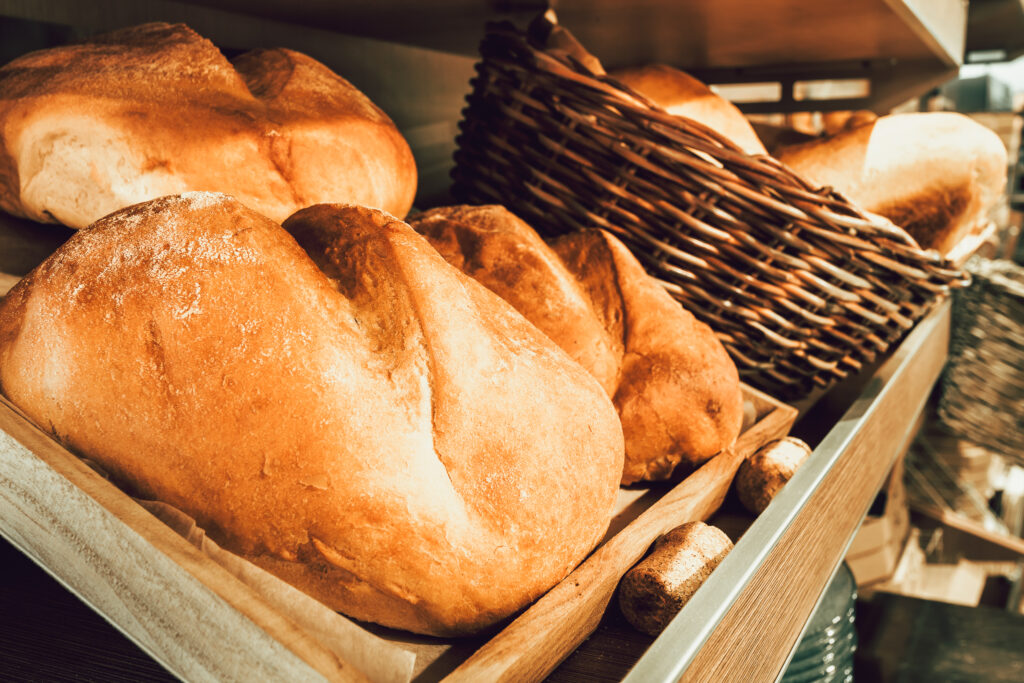Dutch food and biotechnology company Corbion recently developed a new system to help bakers determine how long their products can stay mold-free naturally. The system involves testing against 11 different mold strains and comparing up to three different natural mold inhibitor formulations to determine which one works best for a particular product.
The system takes into consideration various factors like the characteristics and formulation of the product to predict the number of days before mold growth becomes visible for different relevant molds at both group and individual species level. The goal of Corbion’s mold inhibitor is to provide a safe and effective alternative to synthetic preservatives that can cause health and environmental concerns.
The natural mold inhibitor is just the latest in Corbion’s wide range of offerings, which include food innovations, specialty ingredients and packaging products. Here’s everything you need to know about this burgeoning food industry innovator.
Related: Is Fiber Based Packaging the Next Trend in Sustainable Food Packaging?
Corbion produces sustainable ingredients for food, pharmaceuticals and other industrial applications. The company was established in 1902 as a traditional bakery supplier, but it has since evolved to focus on biotechnology and biochemical solutions. Corbion’s product portfolio includes biobased chemicals, bioplastics, lactic acid and its derivatives, food preservation and functional ingredients.
Corbion operates in more than 100 countries and has production sites in the Americas, Asia and Europe. The company’s vision is to use its expertise in biotechnology to provide sustainable solutions for global challenges, such as reducing food waste, improving food safety and nutrition and reducing the use of fossil fuels.
One of Corbion’s most well-known products is PLA (polylactic acid), a bioplastic made from renewable resources such as corn starch and sugarcane. PLA is biodegradable and compostable, making it a sustainable alternative to traditional plastics.
Additionally, Corbion produces lactic acid and its derivatives because they are used in a wide range of applications, including food, pharmaceuticals and personal care products.
In the food industry, Corbion’s products are used as preservatives, flavor enhancers and functional ingredients to improve texture, shelf life and food safety. Its food products range from antioxidants and emulsifiers to flavors and fermentation solutions. The company’s expertise in food safety has also led to the development of a range of solutions to help reduce the risk of foodborne illnesses.
In recent years, Corbion has focused on expanding its product portfolio to include more sustainable solutions for the industrial and consumer markets. The company has invested in research and development to create new biobased chemicals and bioplastics, and has also partnered with other companies to develop innovative products.
For example, Corbion recently collaborated with American bioplastic company Danimer Scientific to develop a new compostable coffee pod biopolymer that meets the proposed European Union (EU) packaging regulations. The biopolymer is made up of Danimer’s polyhydroxyalkanoate Nodax and Corbion’s Luminy High Heat PLA material. The coffee pod has cleared biodegradability tests and is currently being trialed by several European companies.
Corbion has several well-known competitors, including fellow Dutch company DSM, which develops sustainable solutions for a range of industries, including food and nutrition, health and materials. Ingredion, Kerry Group and DuPont Nutrition & Biosciences are also major competitors. But Corbion’s commitment to sustainability and expertise in biotechnology makes it a key player in the shift towards more sustainable and environmentally friendly products and practices.












Join or login to leave a comment
JOIN LOGIN